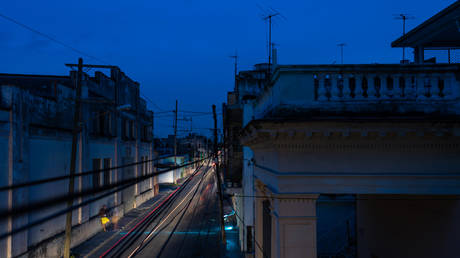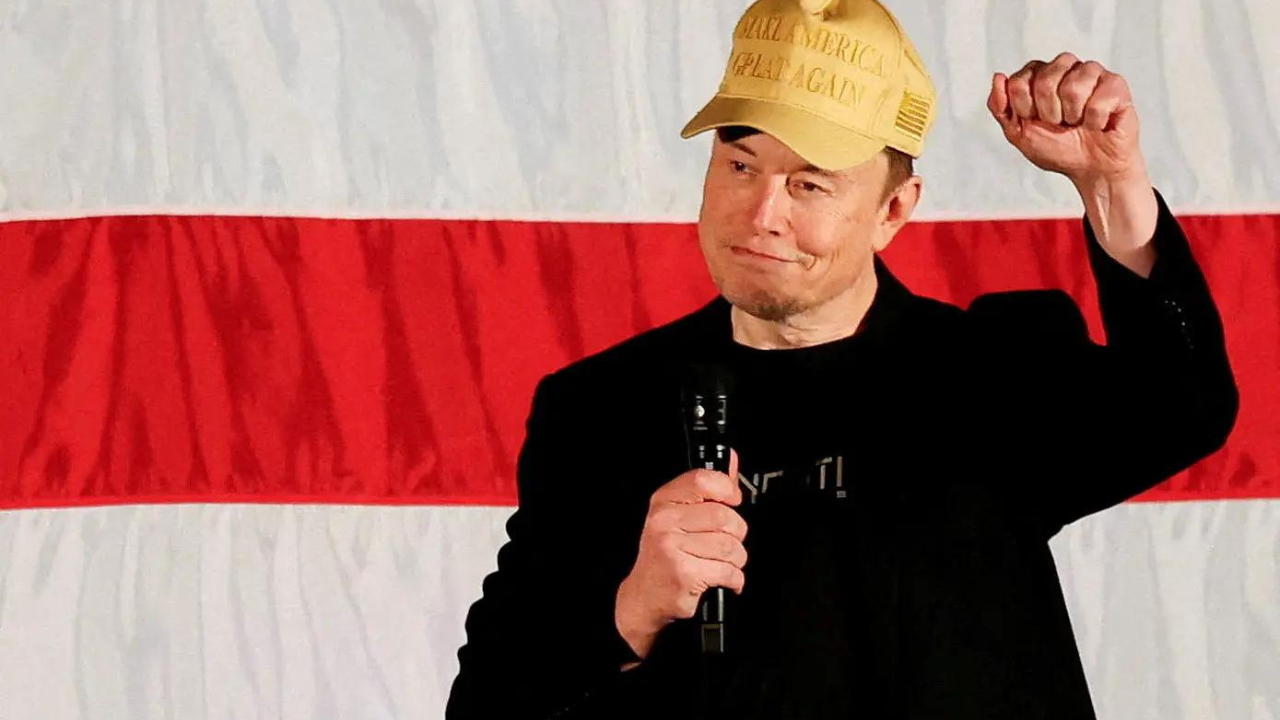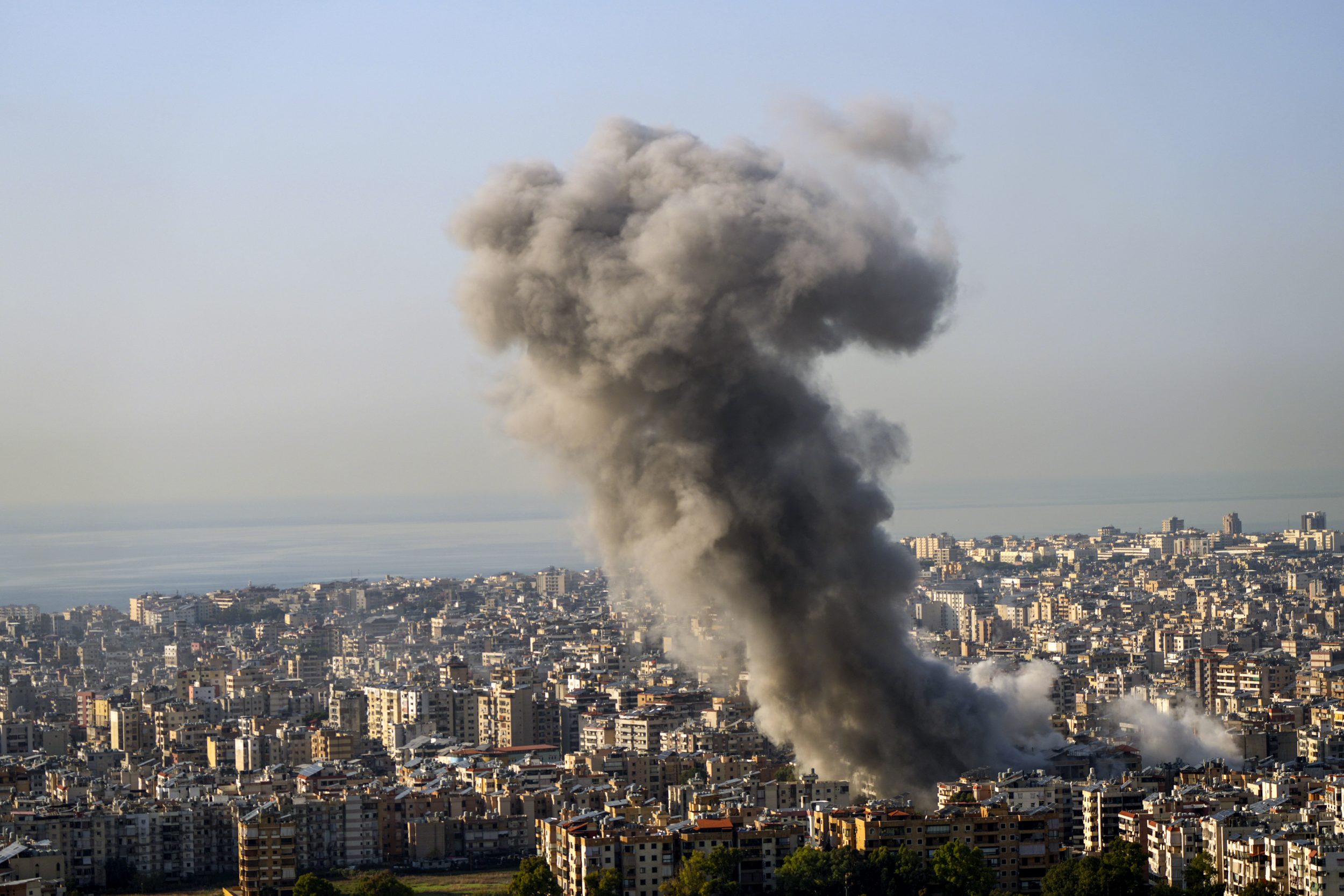ARTICLE AD BOX
The island plunged into darkness on Friday after the collapse of its largest power plant
Hurricane Oscar slammed into Cuba on Sunday, bringing heavy rains and strong winds as the country’s 10 million people were already grappling with a massive power outage.
The storm struck shortly after the collapse of the island’s largest power plant on Friday, which crippled the national grid and resulted in an almost country-wide blackout, according to reports. Oscar, classified as a Category 1 hurricane with maximum sustained winds of nearly 80 mph (130km/h), made landfall in the eastern province of Guantanamo, near the city of Baracoa.
By late Sunday, the hurricane had weakened to a tropical storm with 70 mph winds, the US National Hurricane Center said, adding that the storm could still cause significant flash flooding and mudslides in eastern areas.
The hurricane’s arrival comes as Cuba tries to recover from its worst blackout in at least two years, which left millions without power for two days last week. Electrical services was partially restored on Saturday, before reportedly collapsing again.
The government has said it expects power restoration for most areas by Monday evening.
Since power outages began, thousands of families have reportedly been left not just without electricity or air conditioning but also without water as supplies depend on electric pumps. Many people have resorted to cooking with firewood on the streets as food has started to rot in fridges.
Most neighborhoods in the Cuban capital, Havana, were plunged into darkness, although some hotels and hospitals operated with emergency generators.
Cuban President Miguel Diaz-Canel said on Saturday that authorities were “working hard to protect the people and economic resources, given the imminent arrival of Hurricane Oscar.”
Read more Complete power outage hits Cuba
Complete power outage hits Cuba
Diaz-Canel also warned on Sunday that the government would act “severely” against anyone who attempted to “disturb public order” during the blackout.
The warning comes as the storm and grid collapse add to Cuba’s struggles with inflation, and shortages of food, medicine, fuel, and water.
The Cuban president has blamed the crisis on the country’s difficulties acquiring fuel and spare parts for its power plants, which he linked to a six-decade-long US trade embargo tightened by tougher sanctions imposed during Donald Trump’s presidency.
Cuban Foreign Minister Bruno Rodriguez echoed the president’s remarks, posting on X (formerly Twitter) that Cubans “appreciate the voices denouncing the US blockade, the main cause of the limitations and damages suffered by our people.”
Cuba has for decades experienced frequent power outages amid economic crises. In July 2021, days-long blackouts sparked public anger with thousands of protesters taking to the streets in demonstrations.
.png)
 1 month ago
4
1 month ago
4








 English (US)
English (US)